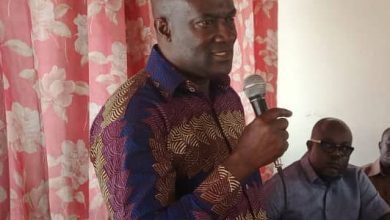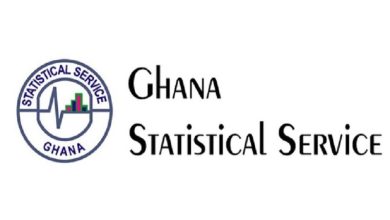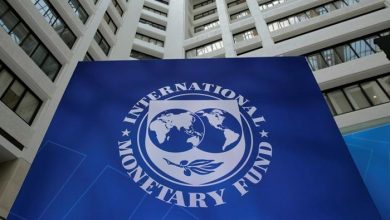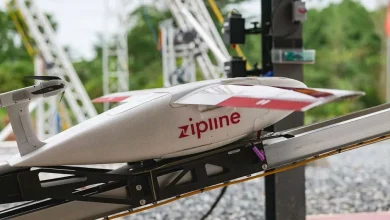BoG Governor Urges Banks to Revamp Lending Strategies to Boost Private Sector Expansion
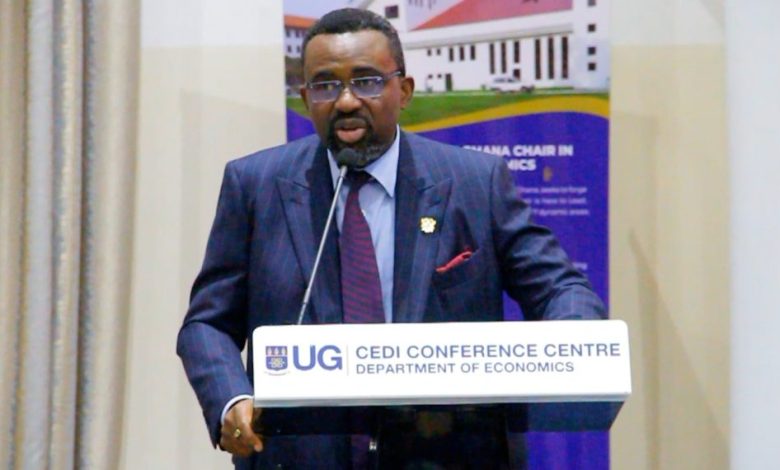
Governor of the Bank of Ghana, Dr. Johnson Asiama, is calling on banks to shift their business models toward more targeted and productive lending as the country navigates a delicate economic recovery and aims to reduce reliance on government securities.
Speaking at the launch of the Bank of Ghana Chair in Finance and Economics at the University of Ghana on Tuesday, August 5, 2025, Dr. Johnson Asiama stated that banks must reassess their current credit approach, which favors sovereign debt over private sector financing.
He disclosed that as of the end of June 2025, total bank loans stood at GH¢89.16 billion, while government investments and central bank securities had surged to GH¢162.92 billion—a capital allocation skew that he described as undermining monetary policy transmission and crowding out private investment.
The governor’s comments reflect growing concern over a regional trend of governments increasing reliance on domestic financing.
“Across the region, we see a sharp rise in banks’ holdings of government debt, from 20% of credit portfolios in 2010 to over 35% in 2023. Ghana mirrors this trend. As of June 30, 2025, total gross loans by banks stood at GH¢89.16 billion, while investments in government/BoG securities amounted to GH¢162.92 billion.
“This reflects a worrying skew towards risk-free assets, which crowds out private sector credit and dulls the potency of monetary policy transmission. But as we are beginning to realize, an era of persistently high interest rates cannot be sustained. It is now time for banks to begin re-evaluating their business models, not only to protect margins, but to serve the broader economy. Our banking sector must become a catalyst for growth, with more targeted and productive lending to Ghanaian enterprises,” Dr. Johnson Asiama said.
The Governor of the Central Bank also pointed to the post-pandemic macroeconomic volatility, citing the cedi’s 2022 depreciation and inflationary spikes as pivotal moments.
However, he noted a rebound in 2025, with the cedi appreciating over 42% year-to-date and international reserves exceeding US$11 billion. This he attributed to disciplined monetary-fiscal coordination underpinned by an IMF-supported program.
“What these shocks underscore is the absolute necessity of credible institutions and agile, datadriven policy. We cannot always prevent global disruptions, but we can control our response. The resurgence of the cedi in 2025, appreciating over 42 percent year-to-date and supported by over US$11 billion in international reserves, is evidence of how disciplined policy coordination,” he added.
Dr. Johnson Asiama also mentioned that the establishment of the Bank Of Ghana Chair in Finance and Economics, is a strategic investment aimed at deepening research, and fostering academic-policy collaboration.
“The inauguration of the Bank of Ghana Chair at the University of Ghana is not a beginning; it is a continuation and deepening of a longstanding relationship between two institutions with shared responsibility for national development,” he remarked.
Bank of Ghana Chair in Economics and Finance, Prof. Yegandi Imhotep Paul Alagidede, during his inaugural address, urged lawmakers to ensure that 30% of the country’s natural resources are used to back the national currency.
“To our Lawmakers and Bankers: Pass the ERBC (Endogenous Resource-Backed Currency) Act mandating a 30% minimum resource backing. Construct District Reserve Vaults from Bolga to Kumasi, under blockchain surveillance. Launch ‘Grow Your Currency’ bonds that allow citizens to invest in themselves—land-backed, labour-linked, legacy-powered. No more begging. No more borrowing. Let sovereignty be encoded in our financial DNA,” he admonished.



